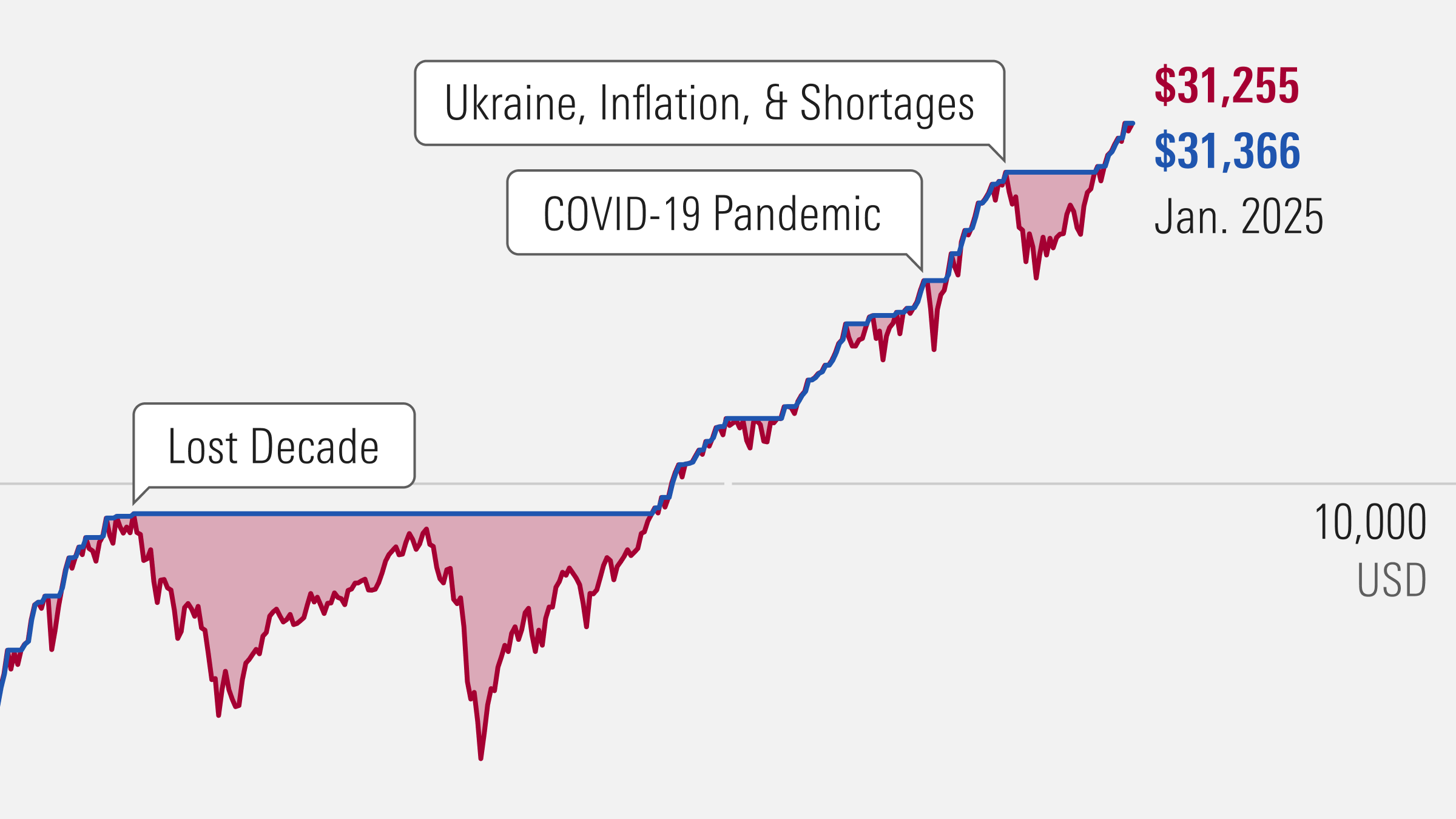Chinese online retailer Alibaba is set to float tomorrow in what could be the biggest ever IPO. Alibaba's long-awaited initial public offering is expected to price on September 18 and trading set to begin the next day. The company recently raised its price to between $66 and $68 per American depository share (ADS) compared with its initial $60-$66.
Perhaps learning lessons from Facebook's IPO, Alibaba's current pricing range strikes us as conservative, and we do not believe the valuation fully reflects the features that make the wide-moat Alibaba investment story unique. Based on 2.5 billion shares outstanding after the offering (assuming underwriter options have been exercised) and a discounted cash flow-derived equity value of $223 billion, we assign Alibaba a fair value estimate of $90 per ADS.
Nevertheless, we acknowledge that there are several geographic, regulatory, and corporate structure risks inherent to investing in Alibaba, which are reflected in our high uncertainty and poor stewardship ratings. As such, we believe the IPO is most appropriate for investors with higher risk tolerance looking to increase their exposure to China's emerging middle-class consumer base and its online commerce, mobile commerce, technology, and logistics industries.
Wide Moat and Stable Moat Trend Ratings
Alibaba's recent top-line growth trends have been supported by an increase in the number of active buyers and sellers, supporting the network effect underpinning our wide moat rating. We continue to believe that structural differences in China's retail industry and Alibaba's mobile investments will protect its network effect, even as China moves from a consumer-to-consumer to a business-to-consumer e-commerce market, resulting in a stable moat trend.
CAGR of 32% and operating margins expanding to 50.2% from 47.5% over the next five years. Our top-line assumptions are due to several macroeconomic, socioeconomic, regulatory, and industry growth drivers, while a scalable third-party platform should allow Alibaba to generate margins well ahead of its peers.
High Uncertainty and Poor Stewardship Ratings
We've assigned a high uncertainty rating based on competitive, regulatory, and execution risks, while our poor stewardship rating balances management's solid execution with concerns about its variable interest entity (VIE) structure, partnership committee, and Alipay transference.




















